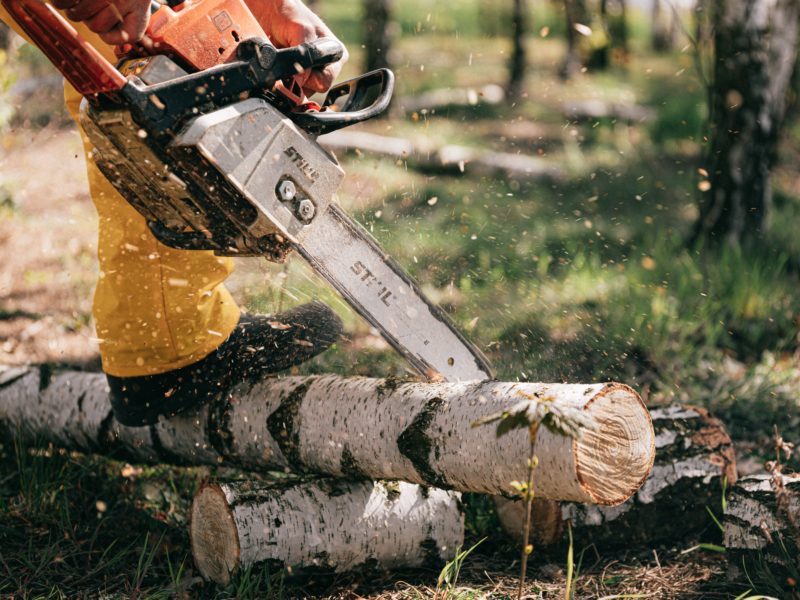Research + White Papers
Research
Indigenous Professionals Needed: Increasing Indigenous Representation in Healthcare in Canada
This project will develop insights that can be used to increase both the Indigenous talent pool and professional development for Indigenous people in healthcare professions in Canada.
Research
Indigenous Entrepreneurship and Social Innovation in Indigenous Tourism Development in Northern Canada
The project aimed to understand the challenges facing northern Indigenous women in tourism post-COVID and to co-create recommendations to support them.
Research
Indigenous Youth in Finance: Navigating a Complex Path
With Indigenous youth a rapidly growing force in the Canadian labour market, the education, financial, and non-profit sectors can explore pathways to help choose careers in finance and management.
Research
Skills for inclusive workplaces and the advancement of Indigenous peoples
This report investigates the experiences of Indigenous Peoples in leadership positions to understand the barriers and enablers that have shaped their pathways, and the impact of diversity in the workplace.
Research
Readiness and Resilience: Mapping the Contours of the Indigenous Skills and Employment Ecosystem in Canada
In collaboration with our partners, Canadian Council for Aboriginal Business (CCAB) created the Readiness and Resilience: Mapping the Contours of the Indigenous Skills and Employment Ecosystem report as part of a project on Indigenous people’s barriers to and facilitators of employment in Canada to learn about the scope of the Indigenous employment landscape.
Research
Indigenous finance and management professionals: critical for reconciliation and indigenous self-determination
Indigenous skilled labour is critical to realizing this new vision of economic reconciliation. Indigenous finance and management professionals can help their communities navigate the new and increasingly complex economic relationships.
Research
Saskatchewan’s Forest Sector: Future Skills for an Indigenous-Led Revitalization
The forest sector in northern Saskatchewan must contend with labour shortages, skills gaps, and the desire by Indigenous communities to expand the sector toward renewable and alternative forest products.
Research
Technological Change in the North: How STEM Skills Can Help Indigenous Workers Adapt
The economy in Northern Canada is changing. Sectors, such as mining, forestry, and tourism, can quickly expand or contract. Advancing technology is one factor driving
those changes.
Research
Indigenous STEM Access Programs: Leading Post-Secondary Inclusion
This Issue briefing discusses the impact of current programs for Indigenous learners in science, technology, engineering, and mathematics in post-secondary education. They are one approach to increase Indigenous inclusion in these fields.










